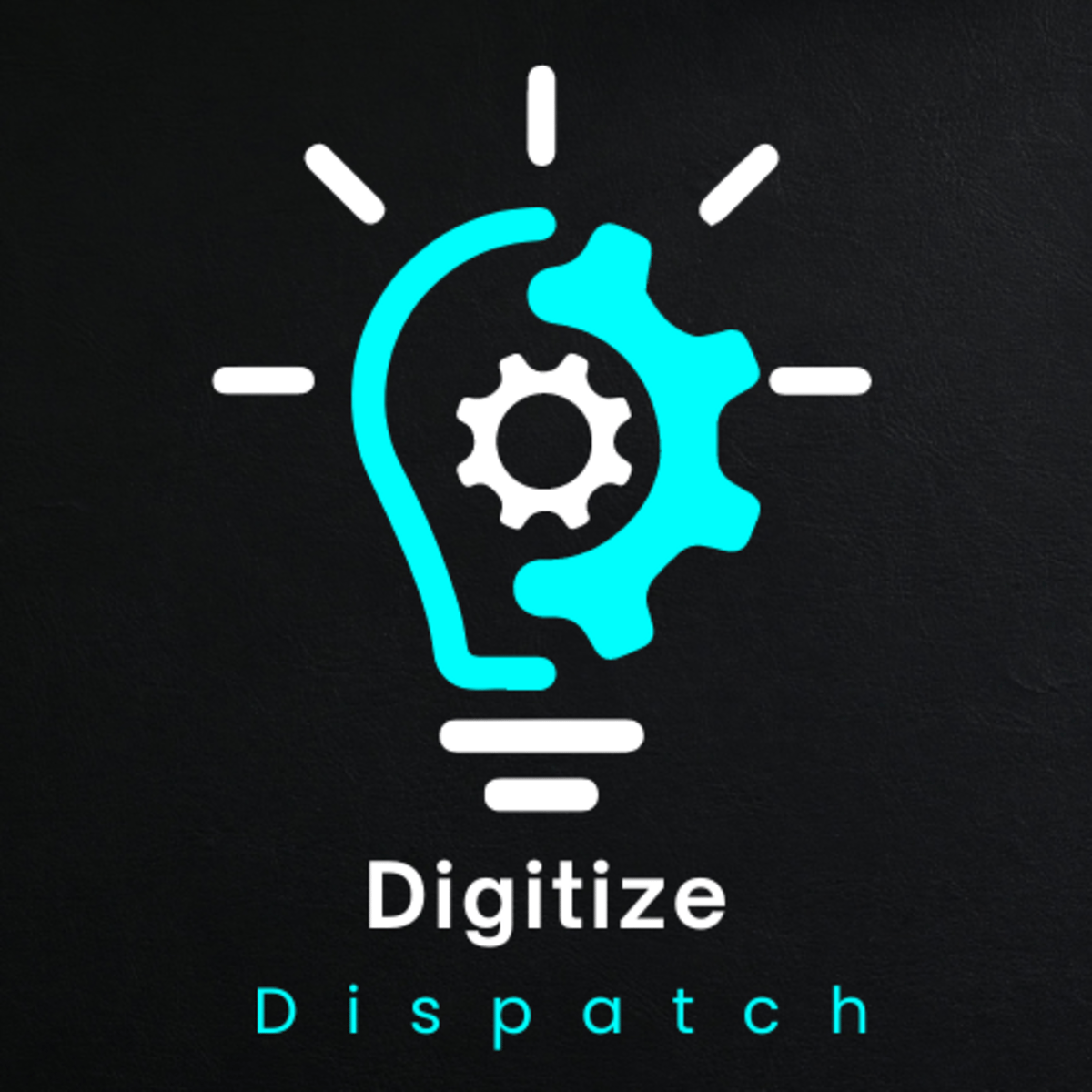
🔎 The Latest on the AI Frontier:
OpenAI Expands Data Storage Options Across Asia for Enterprise Customers
Enterprises Can Now Fine-Tune OpenAI's Reasoning Model with Reinforcement Learning
Tech Leaders Advocate for Streamlined Infrastructure to Maintain US AI Leadership
Microsoft Restricts Employee Access to Chinese AI Application Over Security Issues
Nvidia Developing Export-Compliant AI Chip Version for Chinese Market by Mid-Year
Other news you might find interesting
Looking for unbiased, fact-based news? Join 1440 today.
Join over 4 million Americans who start their day with 1440 – your daily digest for unbiased, fact-centric news. From politics to sports, we cover it all by analyzing over 100 sources. Our concise, 5-minute read lands in your inbox each morning at no cost. Experience news without the noise; let 1440 help you make up your own mind. Sign up now and invite your friends and family to be part of the informed.
🌏 OpenAI expands data residency offerings to Asian markets with new program launch
The program, announced Thursday, will allow ChatGPT Enterprise, ChatGPT Edu, and OpenAI API customers to store their data in Japan, India, Singapore, or South Korea to meet local data sovereignty requirements.
OpenAI emphasized that "data remains confidential, secure, and entirely owned by you" while noting that "data residency further enhances data control for organizations."
This Asian expansion follows OpenAI's European data residency program launched in February and coincides with their new "OpenAI for Countries" initiative to build infrastructure for better international service.
🔧 OpenAI now allows enterprises to fine-tune the o4-mini reasoning model with reinforcement learning
The new reinforcement fine-tuning (RFT) capability lets developers customize a private version of the model based on their company's unique products, terminology, processes, and goals—with pricing set at $100 per hour of core training time, prorated by the second.
Early adopters have seen impressive results: Accordance AI improved tax analysis accuracy by 39%, Ambience Healthcare boosted medical coding performance by 12 points, and Harvey enhanced legal document citation extraction by 20%.
While fine-tuned models may be more susceptible to jailbreaks and hallucinations, OpenAI also announced supervised fine-tuning support for its most affordable and fastest GPT-4.1 nano model, offering companies multiple approaches to model customization.
🌐 Tech executives urge US government to ease infrastructure development for AI competitiveness
In a three-hour Senate hearing, leaders from OpenAI, Microsoft, AMD, and Coreweave advocated for faster permitting processes to build data centers and power plants, with OpenAI CEO Sam Altman emphasizing that "the next decade will be about abundant intelligence and abundant energy."
Microsoft's Brad Smith stressed the importance of maintaining an open ecosystem, stating "our global leadership relies on our ability to serve the world" while highlighting the need for clear export policies allowing US-made AI models to reach international markets.
As the Trump administration takes a market-driven approach by walking back previous AI regulations, the Commerce Department announced modifications to rules that had limited which countries could receive American-made chips—showing a potential shift toward enabling greater "AI diffusion" globally.
🛡️ Microsoft bars employees from using Chinese AI app DeepSeek over security concerns
Microsoft Vice Chairman Brad Smith told the US Senate the ban stems from data security risks and propaganda concerns, as DeepSeek stores user data on Chinese servers.
The tech giant confirmed it won't list DeepSeek in its app store, despite previously hosting its open-source R1 model on Azure after "rigorous red teaming" to remove harmful content.
This strategic shift aligns with Microsoft's broader cloud infrastructure strategy adjustment, which includes canceling hundreds of megawatts in US data center leases while still maintaining 15% year-to-date stock gains.
🔄 Nvidia prepares to release downgraded version of H20 AI chip for Chinese market by July
After U.S. export restrictions effectively blocked sales of the original H20 model last month, Nvidia has notified major Chinese cloud computing providers about the modified chip that will feature "substantially reduced memory capacity" to comply with U.S. controls.
The strategic importance of the Chinese market—which accounted for $17 billion or 13% of Nvidia's total revenue in the fiscal year ended January—was underscored by CEO Jensen Huang's visit to Beijing just days after the U.S. announced new export license requirements.
Chinese tech giants including Tencent, Alibaba, and ByteDance had previously increased H20 orders amid growing demand for cost-effective AI models, with Nvidia reportedly accumulating $18 billion worth of H20 orders since January before the export restrictions.
More news you might find interesting:
OpenAI introduces GitHub connector for ChatGPT Deep Research to analyze code repositories in real-time.
Google's Gemini integration in Sheets delivers practical AI that fits naturally into existing workflows.
University of Washington researchers develop AI headphone system that translates multiple speakers simultaneously in real-time.
Brown University researchers develop AI model that translates text commands into natural movements for various robots and virtual avatars.
Bill Gates sharply criticizes Elon Musk's role in cutting USAID budget through Department of Government Efficiency work.
Have any feedback? Send us an email



